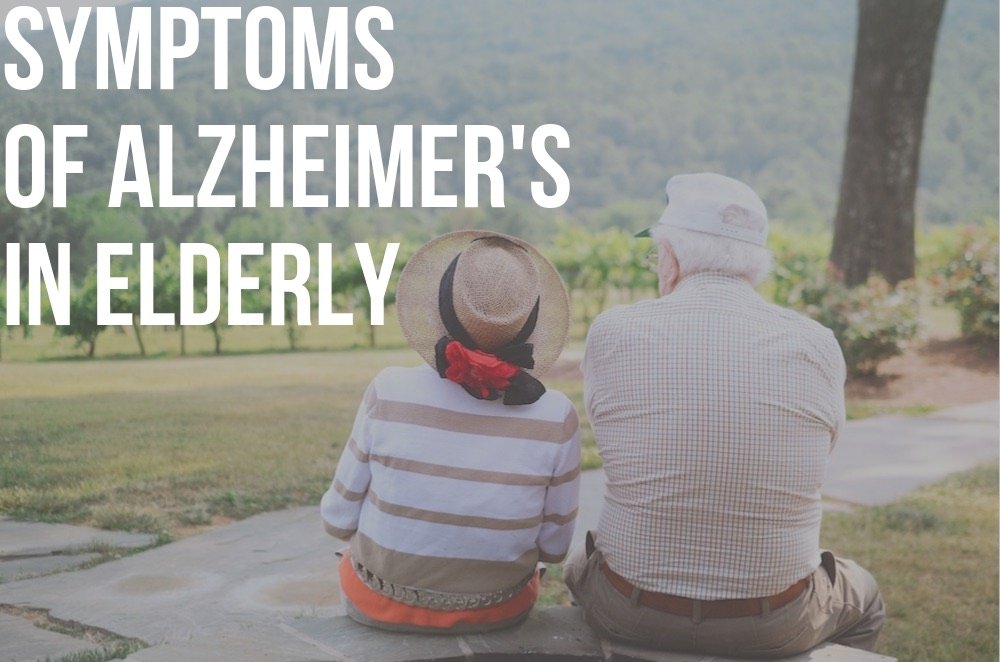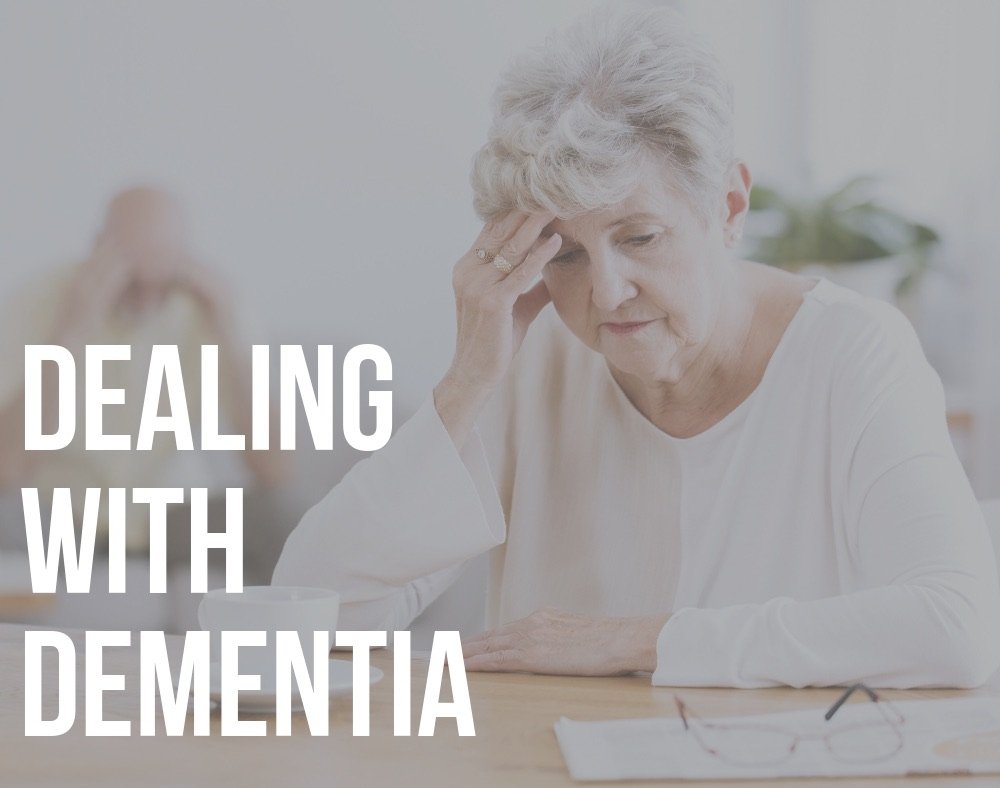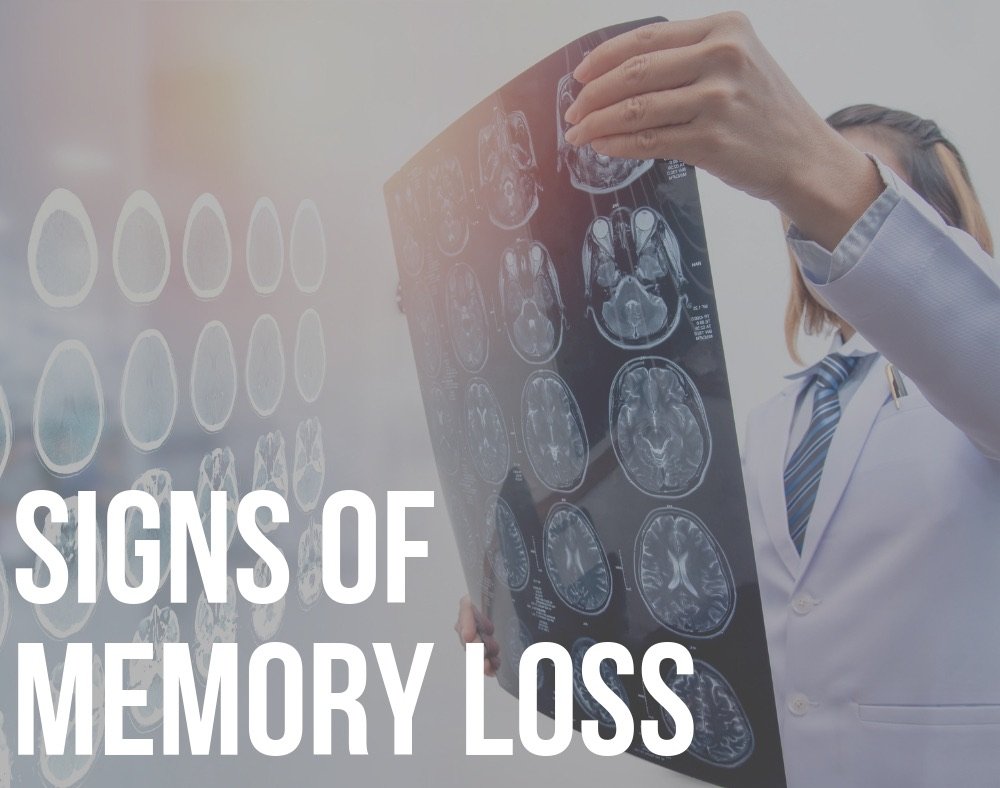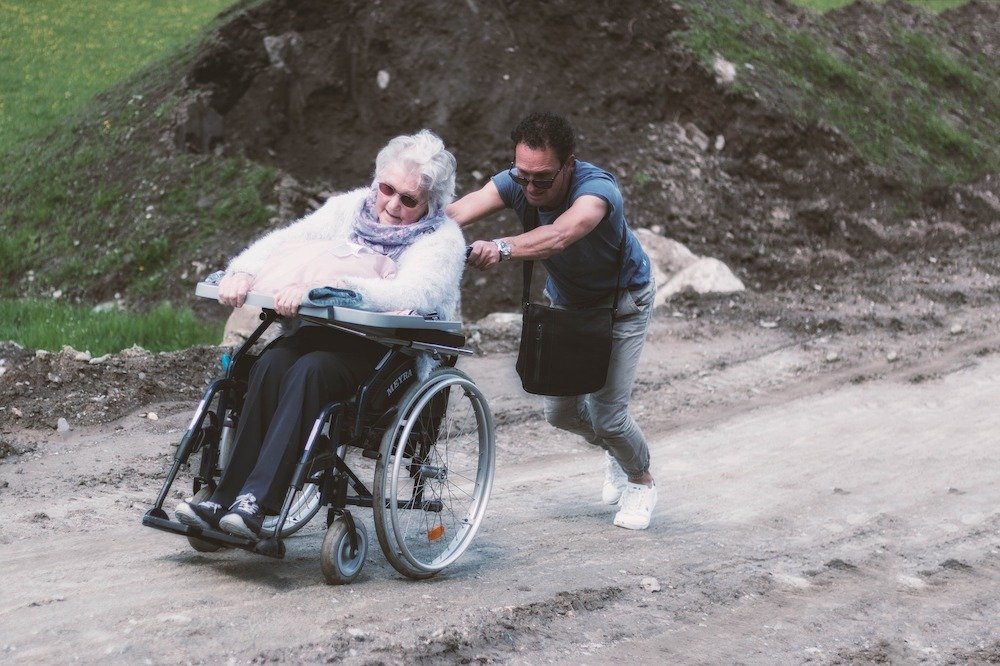There is great interest in the topic of coffee and Alzheimer’s disease (AD) prevention.
This is especially because there is still no cure for the neurodegenerative illness; thus, researchers are keen on factors that can help in the prevention or delayed progression of Alzheimer’s.
Coffee is one of the largest dietary caffeine sources. An ingredient that is known to have stimulating effects on the central nervous system.
Coffee also presents an array of health benefits.
It is known to improve alertness and short-term memory. Scientists are now stating that coffee may have protective effects on the human brain.
Is Caffeine Good For Alzheimer’s Disease?
Several studies also affirm that drinking coffee helps to decrease the risk of AD development.
In addition to caffeine, the positive effect may also be mediated by other mechanisms, like an increase in insulin sensitivity and antioxidant capacity.
Studies on Coffee and Alzheimer’s disease

Several studies suggest that consuming coffee regularly over your lifetime can help reduce the risk of developing Alzheimer’s. Check out some of the studies below.
A study published in the Proceedings of the National Academy of Sciences reports that EHT (Eicosanoyl-5-hydroxytryptamide) a fatty acid substance in coffee beans helps to protect the brains of mice against various illnesses.
The team that led the research was from Rutgers Robert Wood Johnson School of Medicine.
The researchers also observed that when EHT was combined with caffeine, it boosted the activity of a catalyst that aids in the prevention of accumulation of various harmful proteins that are associated with Lewy body dementia and Parkinson’s disease.
The researchers acknowledged the fact that more studies need to be done to determine the proper dosages of caffeine and EHT.
This will guide consumers on the best type of coffee and the number of cups that would offer the most protection.
Coffee helps limit degenerative brain illnesses

Scientists explain that caffeine and EHT are not the only protective compounds that coffee has to offer.
They say that chemical compounds, known as phenylindanes, also help to prevent the growth of proteins that relate to degenerative brain illnesses.
The compounds are formed when coffee is brewing.
Experts claim that darker roasts contain more protective compounds.
A different study on coffee and Alzheimer’s disease was published in Frontiers in Neuroscience.
Researchers from Krembil Brain Institute in Canada analyzed three samples of Starbucks through instant coffee to compare their chemical compounds.
The samples chosen were the decaffeinated dark roast, light roast, and dark roast.
They then exposed the extracts of each sample to 2 kinds of proteins. These were tau and amyloid-beta which are recognized as the hallmarks of Parkinson’s and Alzheimer’s disease.
Studies reveal that as the conditions become worse the proteins tend to form clumps that are referred to as tau protein tangles and amyloid plaques in the brain.
Coffee may offer protection against Alzheimer’s progression

All the 3 coffee samples prevented protein “clumping” leading the researchers to conclude that there is something in coffee that may offer protection against the progression of Alzheimer’s and other forms of dementia.
Because there was no major difference in the way the coffees performed, the researchers also suggested that it was not caffeine that was in charge of those benefits.
They, nonetheless, noticed that the two darker roasts had more inhibitory effects than the lighter roast.
As a result of this, the researchers started to consider phenylindanes which are the compounds that form during the process of coffee roasting which breakdown acids and gives the beverage a bitter taste.
Espressos and dark roasts have a higher concentration of phenylindanes.
According to Donald Weaver, the lead author of the research, the heating process gives access to chemicals that are usually not present.
He continued to say that phenylindanes display potent antioxidant activity even though their interactions with tau and amyloid proteins have not been previously recorded.
Darker coffee roasts or lighter?

Further lab research in the quest to know how the consumption of coffee and Alzheimer’s disease prevention relate led the researchers to confirm that phenylindane mixture prevents protein clumping that is disease-related.
In the study, it was the only compound that showed an effect on both types of proteins.
For tau proteins, it showed more levels of inhibition than any other compound that was under investigation. The authors of the study concluded that it was majorly phenylindane that was responsible for the potent levels of protein inhibition.
They based their assumption on the fact that the darker coffee roasts did a better job than the light roast.
Because the study was still at the preliminary stage, Dr. Weaver says that at this point it would not be right to tell everyone to ditch their favorite cup of coffee for espresso or even start roasting their beans extra dark.
The researchers were hopeful that their findings would lead to more research on the relationship between coffee and Alzheimer’s disease.
Dr. Weaver said that researchers should now focus more on studying phenylindanes which can lead to the discovery of a drug-like compound that people can use to cure neurodegenerative illnesses.
Other constituents of coffee may help fight AD and other forms of dementia. Some animal studies suggest that trigonelline might enhance memory retention and be rich in neuroprotective properties.
Polyphenol antioxidant ferulic acid present in coffee was also given to mice.
The research found that it protects against cognitive deficient especially working and spatial memory.
It also prevents the loss of acetylcholine in the cerebral cortex and suppresses inflammation factors that are common with Alzheimer’s.
Can Coffee Make Alzheimer’s Symptoms Worse?

While many studies state that coffee consumption is beneficial some say that drinking coffee may make the symptoms of Alzheimer’s worse.
An example of such a study was done by experts from Universitat Autònoma de Barcelona.
They reported that a study on mice revealed that exposure to caffeine for long periods is likely to increase behavioral symptoms of the illness, like anxiety.
The study reported that mice who were on caffeinated water have greater levels of BPSD including neophobia and anxiety. They also said that caffeine has little benefit for memory and learning in rodents.
The authors of the research; hence, concluded that professionals need to be careful when recommending coffee or other products with caffeine to persons with Alzheimer’s.
Closing Remarks
There are many studies underway on coffee and Alzheimer’s disease. Most state that drinking coffee can help prevent the development of AD, others find no link between cognitive impairment and coffee consumption.
Then again, some state that coffee is not good for persons who have AD. This means that more research still needs to be conducted to come up with conclusive results.
Only then, we will know whether coffee plays a significant role in dementia prevention or not.























































































